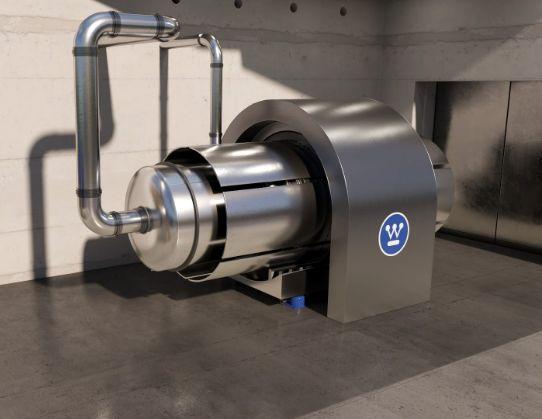
Saskatchewan has invested $80 million to develop the Westinghouse eVinci Microreactor. It's expected to be ready by 2029. Courtesy of Westinghouse
The Saskatchewan government has announced funding for the province’s first nuclear microreactor, which is expected to be up and running by 2029.
Premier Scott Moe said the government has put $80 million into the project, which will be run by the Saskatchewan Research Council (SRC).





